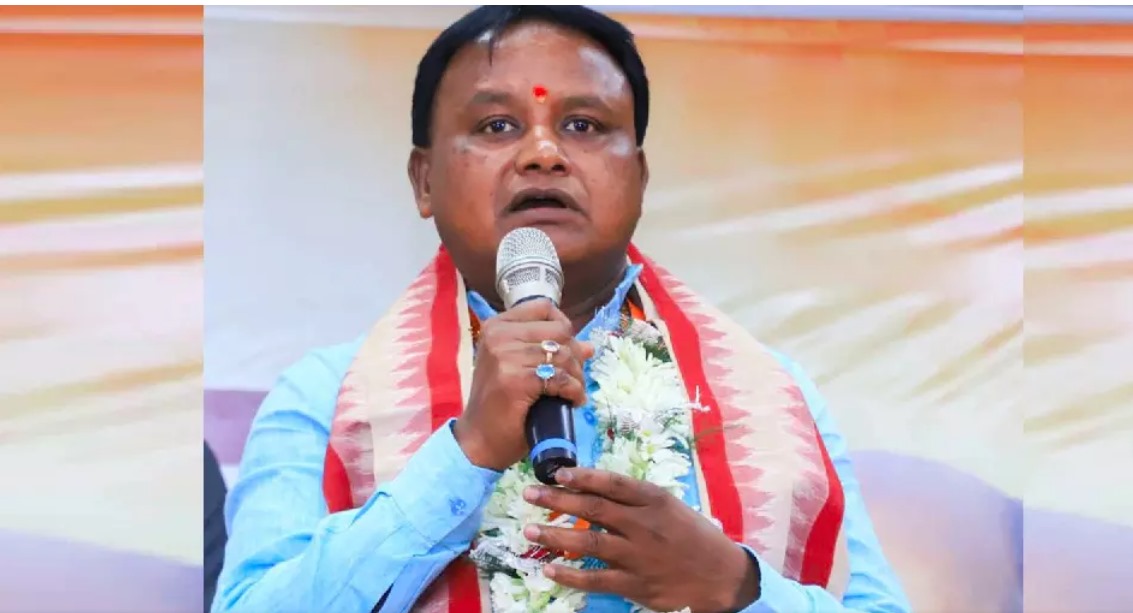
In the democratic journey of India, few governments have made as strong and swift an impact in their early days as the Mohan Sarkar in Odisha. With a clear focus on transparency, accountability, and emotional connect with the common citizen, the administration led by Chief Minister Mohan Charan Majhi has embarked on a path that redefines public service in real, tangible terms.
From Slogans to Service: A Government on the Ground
What separates this government from its predecessors is not just its policies, but its presence. In just one year, the Chief Minister and his Council of Ministers have personally interacted with over 11,000 people—not in air-conditioned boardrooms, but on the ground, in towns and villages, face-to-face. These interactions were not staged or selective; they involved listening, understanding, and solving problems in real time.
In a time where citizens often feel alienated from the political process after elections, the Mohan Sarkar has demonstrated that governance does not end at the polling booth—it begins there.
Taking Governance to the Doorsteps
One of the most defining initiatives of this government was the historic decision to relocate the entire state administrative machinery to Sambalpur for a period. It wasn’t just a tour or a photo opportunity—it was a serious administrative exercise in public outreach. Ministers, bureaucrats, and the Chief Minister himself sat with the people, heard their grievances, reviewed files, and passed orders on the spot.
This move carried a powerful message: “We are not sitting in Bhubaneswar waiting for petitions; we are coming to your homes, to your districts, to your lives.”
Dismantling the Invisible Wall
Chief Minister Mohan Majhi articulated it best when he said, “The wall between the government and the people has disappeared.” For years, there existed a deep disconnect—an invisible wall of bureaucracy, fear, and formality—that kept the common man away from the corridors of power. Under this new administration, that wall is being torn down brick by brick, replaced with accessibility, openness, and a direct bridge of communication.
Today, the farmer in Kalahandi, the teacher in Rayagada, the youth in Rourkela, and the tribal woman in Malkangiri feel a part of the governance process. That is real democracy.
A Government Earns Its Name
While politicians often declare their governments as “people’s governments,” it is rare for that phrase to originate from the public themselves. But in the case of the Mohan Sarkar, the people of Odisha have themselves named it “Lokara Sarkar”—a people’s government. This spontaneous expression from the grassroots is the highest form of legitimacy any administration can receive.
It is a title earned not through PR campaigns, but through actions that touched lives.
Challenges Ahead, But A Strong Foundation
Of course, challenges remain. Odisha, like other states, faces issues of poverty, unemployment, education, and climate vulnerability. But what the Mohan Sarkar has established is a strong foundation of trust and dialogue. And when a government begins its journey by listening before speaking, by serving before declaring, it earns the moral authority to lead.
Conclusion: A Model for Others
In a country where citizens often feel like spectators in the governance process, Odisha is quietly setting a powerful precedent. The Mohan Sarkar is not just administrating—it is connecting, correcting, and caring. It is turning bureaucracy into service, silence into dialogue, and formality into friendship.
If this spirit continues, Odisha may well become a model of participatory governance not just for India, but for the developing world.